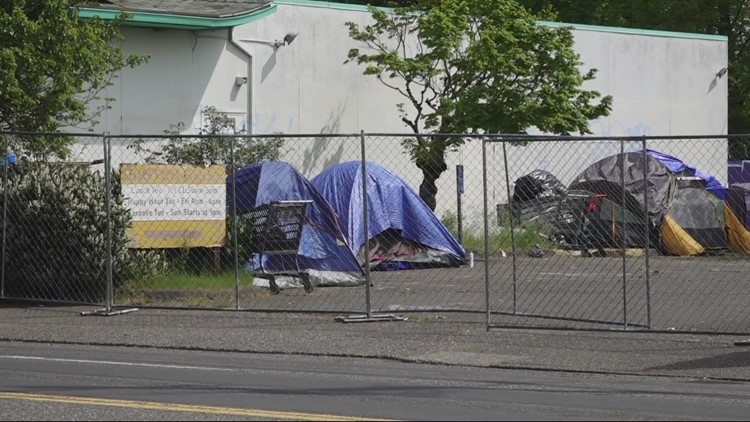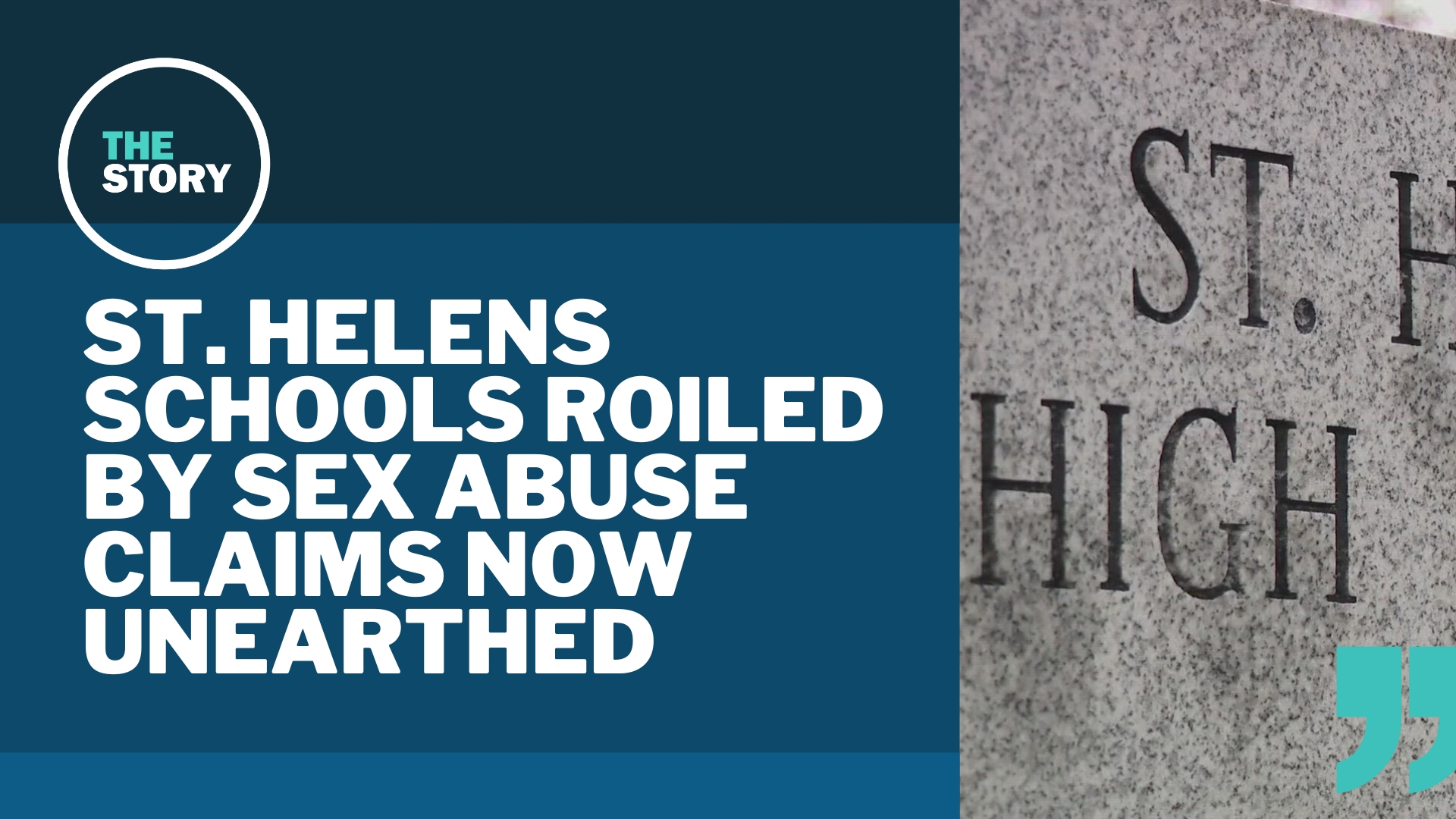PORTLAND, Ore. — The city of Portland on Monday released the results of a survey combining feedback from nearly 5,300 residents covering topics like livability, community safety, homelessness and economic recovery. In several of these categories, officials noted more negative responses from people living on Portland's east side.
People who took the survey overwhelmingly named homelessness as the city's greatest challenge, followed by issues of cost of living and community safety.
More east Portlanders saw community safety as a major challenge. Portlanders who described themselves as Black/African American, American Indian/Alaskan Native or Native Hawaiian/Pacific Islander identified cost of living as a top concern. City officials noted that other racial and ethnic groups identified homelessness as a top concern.
Most respondents said that the city's limited budget should prioritize affordable housing and homeless services as well as safety services. However, more east Portlanders saw safety as the most important service to fund.
On the topic of livability, east Portlanders again stood out. Nearly half of all respondents reported being "satisfied or very satisfied" with Portland as a place to live, with a third expressing dissatisfaction — but more east Portlanders were dissatisfied than people from other areas of the city.
REALTED: 'It’s a work in progress': Portland releases results of 90-day reset plan in the Central Eastside
Overall, residents tended to say that they wanted to bike or use public transit more, assuming it was affordable and safe. Respondents tended to be satisfied with the city's parks and natural areas and its trash and recycling services. But at the same time, they were less satisfied with the cleanliness of public areas and the quality of infrastructure like roads, streetlights and sidewalks.
Under the umbrella of community safety, east Portlanders reported feeling less likely to feel safe walking in their own neighborhoods or in the central city compared to people from other areas. Among all racial and ethnic groups, Asian respondents were the least likely to feel safe.
The city reported getting mixed results on support for armed police officers responding to 911 calls. More residents supported officers responding to “someone damaging property” and “someone on private property and won’t leave,” but fewer supported an armed police response for “mental health crisis” or “someone sleeping on the sidewalk.”
Most residents supported an increase in clinics for substance abuse and mental health as well as subsidized apartment complexes as solutions for homelessness in their own neighborhood.
But about 18% of residents said that they needed rental and housing assistance or help with utilities, with a little under half saying that they weren't aware of city programs to help them. Just under half of residents had confidence in finding a job that pays enough to support them, with 27% saying they did not. About 12% reported needed job training or business support, with about half again saying they weren't aware of city programs to support them.
Residents also noted difficulties in contacting city government, saying that access to information and responsiveness to community input were lacking. About half of residents said they were unaware of Portland's 311 line.
"It’s clear that Portlanders want to see increased action on top issues facing the city today and we are continuing to make progress in addressing these concerns," said Mayor Ted Wheeler in a statement. "This survey helps us gain valuable insight into how these issues impact communities in Portland differently. This data will inform our budget, unified City Council priorities, and comes at a critical time for Portland as we implement changes to the city's charter."
A summary of the survey's findings will be presented to Portland City Council in an August 2 meeting by the City Budget Office.
The full results of the survey can be found here.
This is a developing story and will be updated with more details as they emerge.



